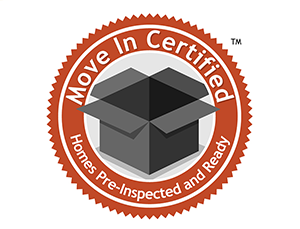What is a Pre-Sale InspectionNot so long ago home inspections were viewed as something that only buyers requested. In recent years, however, inspections ordered by sellers before their home goes on the market have gained in acceptance and popularity. One reason is that savvy sellers recognize the knowledge gained from a pre-sale inspection of their property can offer advantages when it comes to pricing, marketing, negotiating, and dealing with post-sale legal issues. |
 |
So, how can a pre-sale home inspection benefit a seller?
Easier and more realistic pricing.
A professional home inspection helps with pricing in two important ways.
First, it helps move a seller’s mindset toward increased objectivity. It is no surprise that sellers often have a difficult time remaining impartial about their own property. It is home after all, and that sentimental value can translate into a price higher than the market will bear. The inspection report gives the seller objective information to factor into the pricing decision.
Second, the inspection report reflects the current condition of the property – good, bad, or ugly. A seller can take that true condition into consideration and set the price lower if the home has deficiencies and higher if the home is meticulously maintained and upgraded.
Enhanced marketing impact. Prospective buyers are likely to find a pre-inspected home more attractive because the “what if” factor is not as great. Their comfort level is increased. Therefore mentioning the completion of a pre-sale inspection when marketing a home can boost interest levels of both buyers and real estate agents with qualified prospects. It can even tip the scales in the seller’s favor if buyers are looking at similar homes and the competing properties do not have the benefit of a pre-sale inspection report.
Greater negotiating leverage. Having the details of current property condition is an important advantage. Sellers discover any issues that might delay or derail the transaction and can make advance repairs, thus heading off potential price concessions sought by buyers. Even if the seller elects not to make repairs, disclosing any defects upfront and pointing out that the price is adjusted accordingly can deflate buyer’s objections. And, armed with solid knowledge of current property condition and the inspection report to back it up, a seller’s confidence level and leverage in the negotiating process increases.
Sellers who choose to go the pre-sale inspection route can get referrals for professional home inspectors from friends or local real estate professionals. Other sources include the local Yellow Pages directory and online directories of professional organizations such as the Conference of Commercial and Independent Home Inspectors (CCIHI).
Buyers will most likely still request a professional inspection of their own. And sellers can encourage them to do so with the comfort that any unpleasant surprises that could be “deal breakers” are unlikely.